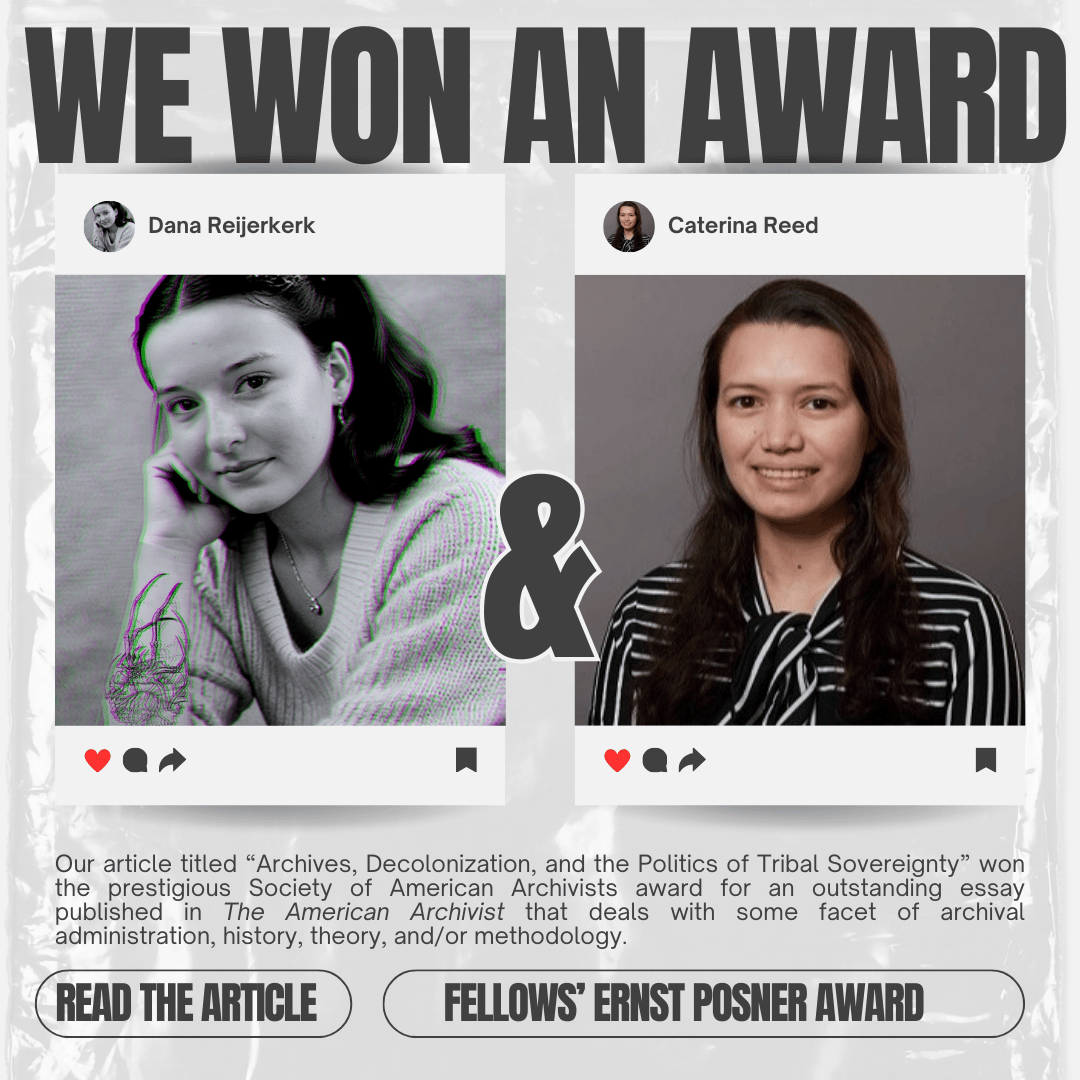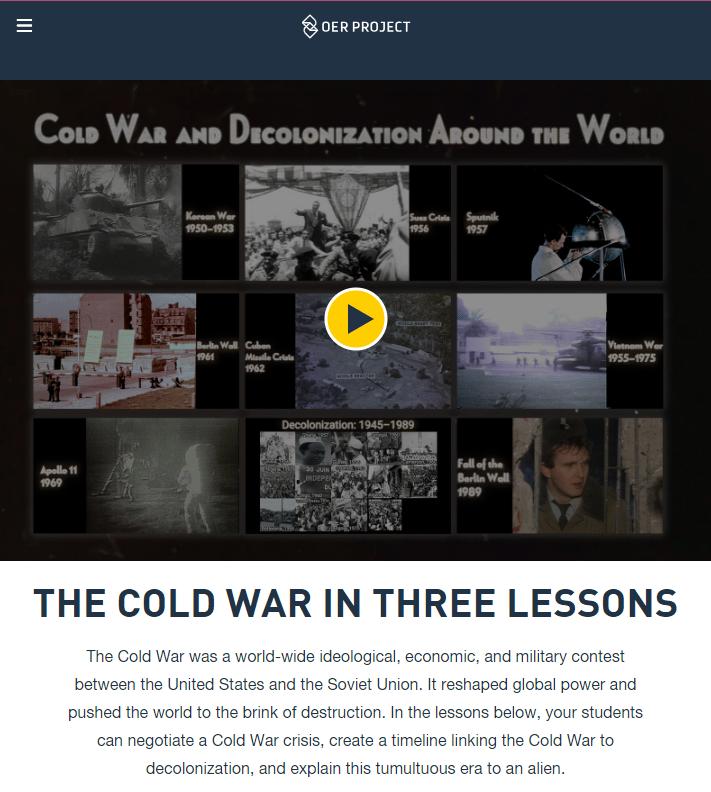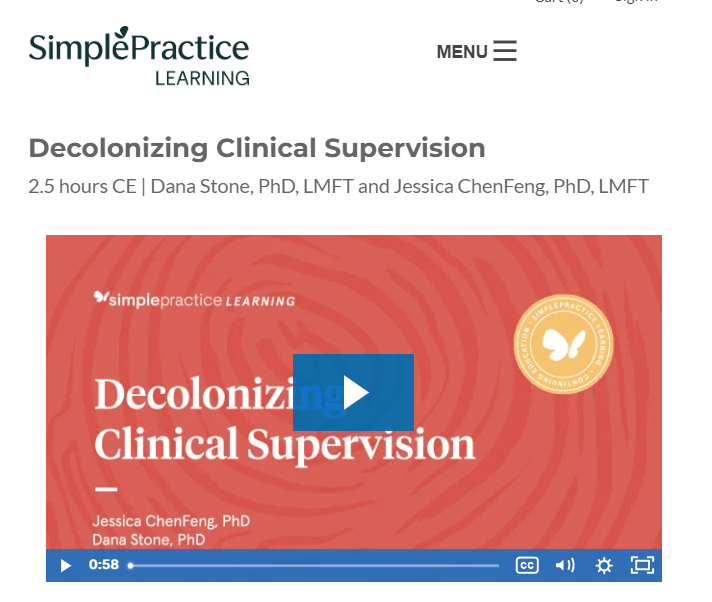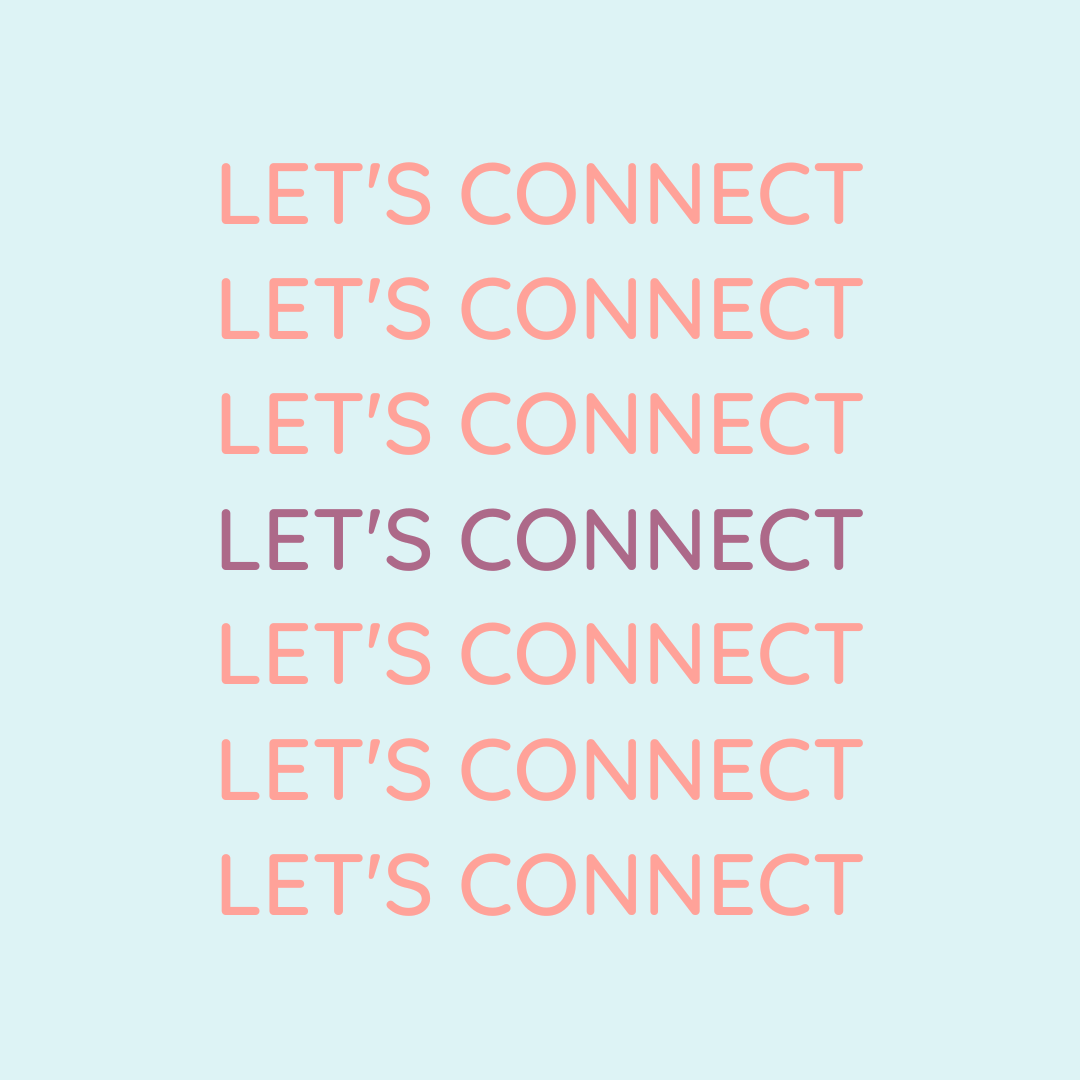A newsletter to learn about practical ways to decolonize your research and data work-lives with byte-sized drabbles about the daily life of a data professional.

I won an award! I recently bought Canva Pro to help make social media less tiresome - it was worth it because LOOK at this design I used based on a template.
Decol Futures: Archives, Decolonization, and the Politics of Tribal Sovereignty
I did my Bachelor’s degree in American Indian Studies with the Lumbee Tribe and it shaped my professional interest in tribal recognition politics, climate change, and social justice. I’ve been working in and with Indigenous communities for over a decade.
Globally, countries categorize their relationships with Indigenous peoples based on "recognition status," which in legal terms means a tribe has a special political-economic relationship with that country’s government. In the United States (U.S.), tribes have two main recognition statuses: federal and state recognition. Federal recognition is the highest status level where as a tribe you get access to federal special programs and services, like healthcare provided by the Indian Health Services, and protection of their tribal land and resources like minerals or oil. State recognition means the state the tribe lives in, like Georgia or Florida, acknowledges the tribe and gives access to state-funded resources and programs.
For many Indigenous tribes and communities, recognition status is a Catch 22: recognition is vital for survival as a community, yet it undermines their inherent sovereignty to self-govern their own tribal citizens. Many unrecognized and state recognized tribes today continue to seek federal recognition in part because Native Americans experience health, sexual violence, and climate change disparities at higher rates than other ethnicities in the United States.
You can learn more by reading my award-winning article on the topic in The American Archivist.
Educational Opportunities
A short list of things to explore!

Screenshot of open educational resource (OER) Project platform.
[Free Course] Connect The Cold War, Decolonization, and Climate Change
If you teach about history or climate change, check out this free course about The Cold War and decolonization. It has interactive activities and lesson plans to make interactive maps and timelines related to decolonization.

Screenshot of the Decolonizing Clinical Supervision e-course.
[Paid Course] Be a Better Supervisor With A Psychology Take on Decol
Psychology CEUs are great for our work because our data and GLAM work involves an intense amount of emotional labor and exposure to diverse data which can be secret, sensitive, or disturbing. For $34, this professional development activity will take you through a critical self-reflective exercise to understand how broader societal issues like race, gender, personal beliefs impact who/how you supervise employees or students.
[Thinking Fuel] Reflect on Decol and Higher Ed Curricula
You get the latest news on decolonization and what’s happening in Indigenous communities via social media. Seriously. So, I find thought pieces every once in a while like this one that bring up dismantling larger societal power structures and trends and what that might look like. This is a great recap of global discussions around higher education.
Let’s Create!


